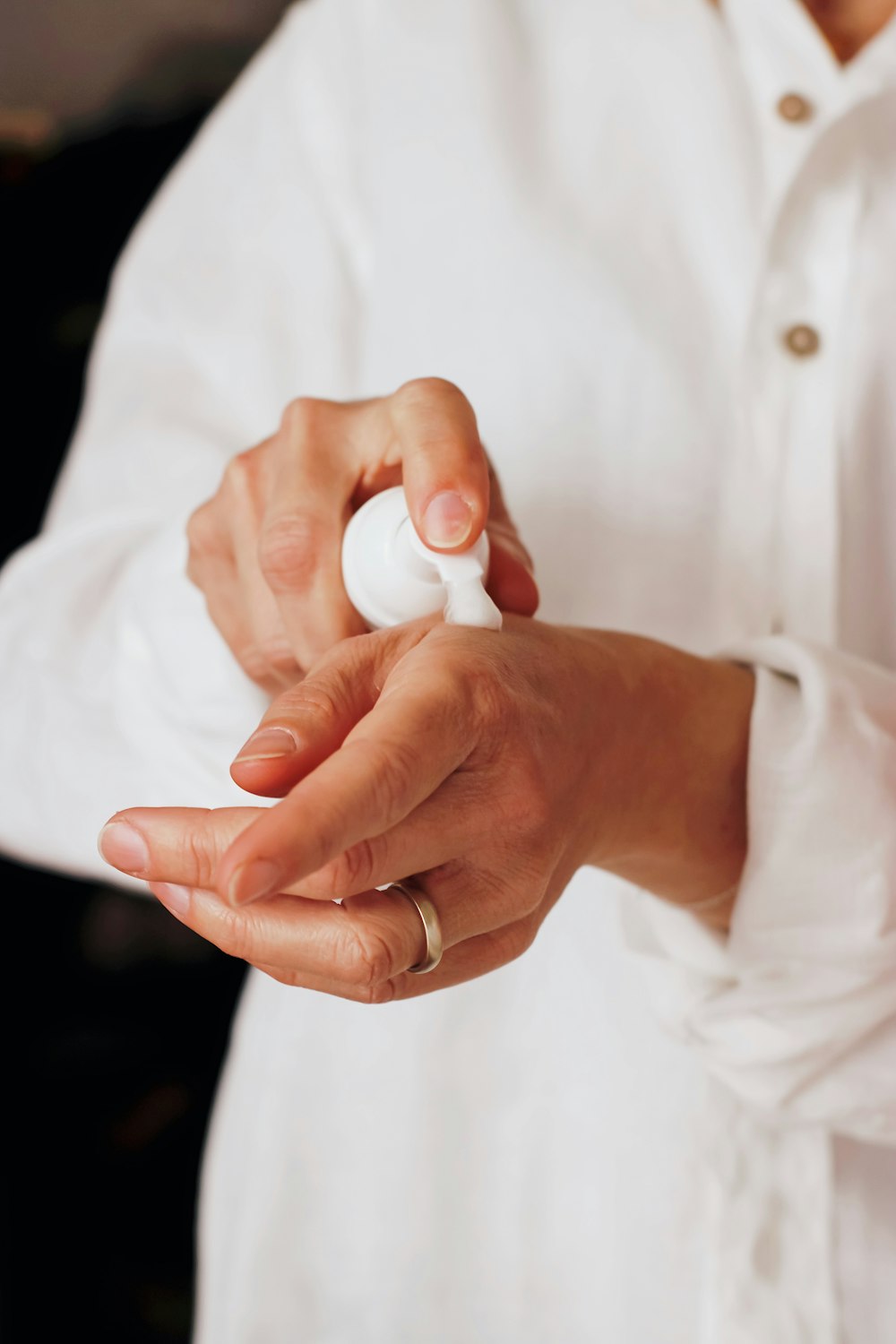As the world today moves towards a more sustainable way of living, whole foods and organic clothing among so many others are fast becoming the new norm. With cosmetic brands coming up with ‘natural skincare ranges’ seemingly every day, you may be excited by the idea of using organic and natural products on your skin.
However, the term natural may not always go hand-in-hand with more effective skincare. Science-based skincare has progressed by leaps and bounds, and products formulated this way are also known to work wonders for your skin. So, with so many skincare products being widely available, what’s best for you? And what truly is the difference between natural and active-led scientific skincare? Read on to find out.

Naturally biased?

Plants are indeed quite powerful and have been used to make medicinal and therapeutic products long before synthetic medicines came into play. Owing to this long history and the traditional use of plants as medicines and even cosmetic products, consumers often believe that products sourced from the heart of nature may be better, more effective, and safer for skin health. The truth, however, may not always be so.
Firstly, the term natural may not always mean organic or even safe. While the US, EU, UK, and Australia have regulations for the term organic, the same cannot be said for products that come with an ‘all natural’ or ‘free from’ label. A report shared by Campaign for Safe Cosmetics reveals that this is largely misleading and is one of the least regulated terms in the beauty industry.
For your everyday beauty consumer, this lack of regulation tends to create difficulty in understanding what is indeed natural and what isn’t. While organic products indicate that these are free from synthetic pesticides, fertilizers, and other non-organic substances, they aren’t necessarily safe for your skin.
Dr. Michelle Wong, Chemistry PhD and Cosmetic Chemist emphasizes, "We tend to see things as natural as good, and synthetic as automatically suspicious or potentially harmful.” Think of it this way, consuming mushrooms works wonders for your health, but does that mean you would add naturally grown, poisonous mushrooms to your diet?"
More importantly, natural skincare products don’t necessarily fix your skin woes. Although at its core, plant-based ingredients such as tea-tree oil and lavender are known to benefit the skin, sensitive skin may have allergic reactions to potent essential oils if used as is. Most of the popular 'natural' ingredients are also not studied enough, which means there is little information about their long-term effects. Commercially available natural products are often combined with ingredients to thicken, emulsify, obtain colour, add fragrance and even preserve them which may do more harm to your skin than good in the long run.
Another point to consider is whether ingredients in your skincare products are penetrating your body. A lot of naturally occurring plant-based molecules are too large to enter your body and specifically target your skincare problems.
This is where the term "actives" comes into play. Simply put, the term ‘active’ in skincare as per the US FDA indicates that this ingredient is the reason why a skincare product does what it does. While these actives may be naturally derived, they may be unstable once extracted from their source and may need synthetic stabilizers — take Vitamin C for example.
Science-driven skincare

The other side to this is skincare products that are active-led and scientifically backed. Science has progressed by leaps and bounds, making available products that specifically target skin problems such as hyperpigmentation, fine lines, and blemishes.
While advocates of the natural skincare movement may raise concern over the presence of possibly toxic synthetic materials in active-led products, ingredients used are governmentally regulated and clinically tested for efficacy and safety before such products are placed on market shelves. In a way, you know what you’re actually getting — if you read the product label.
Synthetic actives or acids tend to show much quicker results as they are made available in products in higher concentrations as compared to naturally occurring actives and are proven to provide results through thorough laboratory testing.
A few examples of actives include:
-
Niacinamide present in products such as DermDoc 10% niacinamide face serum regulates oil production on your face, thereby preventing acne while also treating pigmentation, dullness and uneven skin tone.
-
Salicylic acid has antibacterial properties and works to control oil production, helping in preventing acne while also boosting skin cell renewal. It is present in products such as DermDoc Salicylic acid face wash which helps to give you visibly clearer, fresher, and acne-free skin.
-
Hyaluronic acid-based skincare products such as the DermDoc pH Rebalance Face Cream with 0.5% Hyaluronic Acid lock in your skin’s natural moisture and strengthens your skin barrier, making it smooth and hydrated.
-
Retinol, a derivative of vitamin A, is used in anti-ageing products for its potent ability to boost the skin’s cell renewal process. The DermDoc 0.1% Retinol Face Serum is a lightweight formula that effectively restores the skin’s youth.
-
Vitamin C, such as that present in the DermDoc 20% Vitamin C Serum, reactivates, restores, and re-enforces the skin’s luminosity and strength while smoothing out fine lines and wrinkles.
Conclusion
Whether you choose to go the natural or science-led way with your skincare regimen, it’s always best to first understand your skincare type. This will help you discern what problems need to be targeted and help you select your products accordingly. When it comes to selecting your products, read the label carefully to know what goes into your product. Remember to read between the lines—everything natural may not always be cruelty-free or organic, and everything synthetic may not necessarily be a bad thing for your skin.
To better understand what skincare products could benefit you, visit the DermDoc store online to know more.

